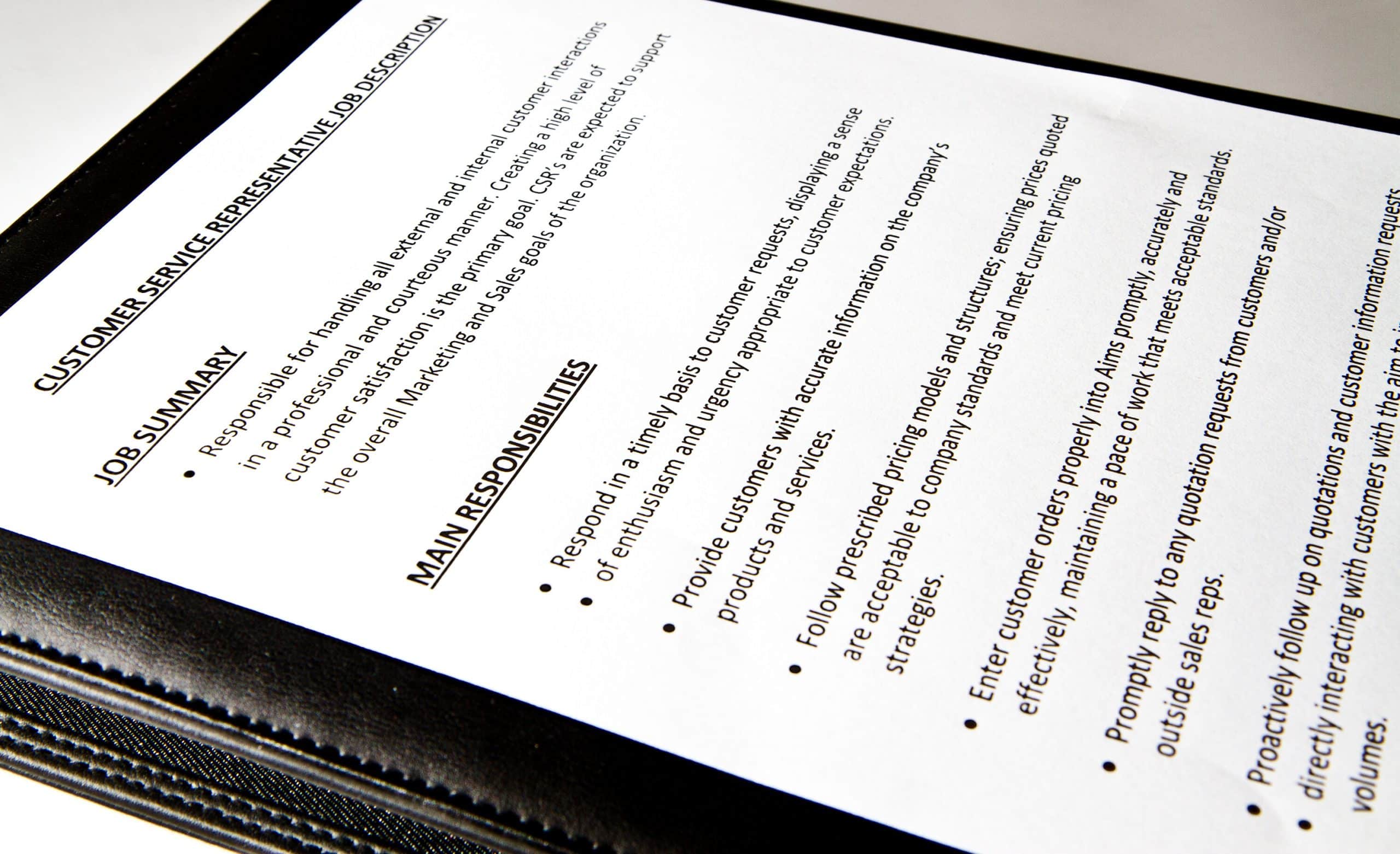What are Protected Classes?
Protected classes—also sometimes called protected characteristics—come from anti-discrimination law. We talk about them with respect to employment laws, but they also come into play in housing and education.
The classes and characteristics protected by federal law include race, color, age (over 40), sex, sexual orientation, gender identity, pregnancy, religion, disability, national origin, ethnic background, genetic information (including that of family members), military service, and citizenship or immigration status.
While you have a lot of leeway to make employment decisions as you see fit, you are prohibited from making decisions based on a person’s inclusion in any of these protected classes. Refusing to hire or promote someone because they are over 40, gay, or from Mexico, for example, would be considered unlawful discrimination under federal law. Many states also have their own anti-discrimination laws that protect additional classes.
The best way to avoid discrimination is to base employment decisions only on factors that are job-related.
We recommend including the full list of protected classes in your employee handbook so that everyone is aware of them.
Looking for more HR help? Learn more about our HR Consulting services.
Content provided by Ahola’s HR Support Center







Reply a Comment